T HE L ONG G OODBYE
Patti Davis
With a Preface by the author written for the eBook edition
ALFRED A. KNOPF  NEW YORK 2004
NEW YORK 2004
This Is a Borzoi Book
Published by Alfred A. Knopf
Copyright 2004, 2011 by Patti Davis
All rights reserved. Published in the United States by Alfred A. Knopf, a division of Random House, Inc., New York, and Canada by Random House of Canada Limited, Toronto.
Originally published in hardcover in slightly different form in the United States by Alfred A. Knopf, a division of Random House, Inc., New York, in 2004.
www.aaknopf.com
Knopf, Borzoi Books, and the colophon are registered trademarks of Random House, Inc.
Library of Congress Cataloging-in-Publication Data
Davis, Patti.
The long goodbye / by Patti Davis
p. cm.
1.Reagan, Ronald.
2.PresidentsUnited StatesFamily relationships.
3.Davis, Patti.
4.Reagan, RonaldHealth.
5.Alzheimers diseasePatientsUnited StatesBiography.
I.Title.
E877.2.D38 1997
973.927092dc21
97-2994
eISBN: 978-0-307-80185-2
v3.1
Contents
Thank you to Victoria Wilson for her insight and wisdom, and for her patience in the long birth of this book. To my brother Ron for his strong arms around our mothers shoulders, and for proving that humor can be passed along in the genes. To my mother for the beauty and courage of her love. And to my father, for showing us the way home.
Preface
February 6, 2011. I am sitting in my designated seat at the Reagan Library for the Centennial celebration of my fathers life. The selected speakers are talking about his impact on the country, the world. Some who knew him and worked with him offer personal anecdotes. I listen to them with a strange mixture of respect and sadness, because I know none of us had him figured outyet everyone who ever met him longed to. I listen to how their stories strain to grab onto a deeper thread of who he was, and I think, Youre just like mehe eluded you. And the only difference between us is that Ive been reaching for him my whole life.
All his children did. Even my mother has admitted there was a part of hima corethat she could never touch.
Yet he looms large over this country, the country he loved so much. Politicians claim him as their own; ideologues assume they can adopt his mantle, although they alter it to fit their needs. I can do nothing about any of that except watch. I was born to a man who became an icon, and he is owned by millions of people who I will never meet.
My story is simple. Im a daughter who lived her life missing her father.
He didnt mean to be elusive; he didnt intend for his children to claw at the air, desperate to hold onto him for more than a few moments. He would probably have been heartbroken if any of us ever told him how we really feltthat he was always just out of reach.
In many ways I was able to find him in the years of his dying. Thats what this book is about. A daughter going down one more road, hoping this will be the path that will take her to her father. The last three years of his life were spent in one roomhe was bedridden at that point after breaking his hip. But I will tell you that in that room we traveled miles together, often in total silence. I knew as I sat beside him that his soul didntcouldnthave Alzheimers. I trusted that my whispers of regret for all the times I had hurt him, just so he would look my way, were heard. I had faith that he knew how much I loved him, that wherever he had drifted off to gave him, in some mysterious way, a clearer view of the pastunfiltered, seen from his souls eyes. In families, love is often a moveable object. But it doesnt vanish; it just hides.
I tell you this now because its been seven years since my father died and Ive melted into that community of daughters who missed their fathers in life almost as much as they miss them in death. There are a lot of us. In the years since I wrote The Long Goodbye, many women have come up to me and shared their stories. Even before they speak, I can recognize a look in their eyesthe shadow of unanswered prayers. Whether they lost their father to Alzheimers or something else, they live with the sweet sadness of wishing they could have known him better. Its a cavern that can never be filled.
Yet in some ways, death allows us to fill it. With imaginationwhat would he be like if he were still here? And with warm memories as opposed to ones sodden with disappointment. Time actually can heal, as trite as that sounds.
It was a different world when I began this book. September 11 hadnt happened. We werent constantly linked to one another through Internet sites and e-mail. People had lonelier journeys then. Certainly I did when my father was diagnosed with Alzheimers. The disease wasnt really talked about in those years, so it felt like an uncharted course. I picked and stumbled my way across itwe all did and amazingly, when I look back on those ten years, I wouldnt do anything differently. We learned to let it go if my father got the month wrong, or repeated a question several times. We learned to laugh when he laughed, even if we had no idea what had struck him as humorous. We learned that there was no point in being angry at Alzheimersit was going to win in the end. All we could do was believe that love is stronger than any disease. Ultimately, we learned to sit quietly at my fathers bedside, hold his hand, speak quietly to him, and wait for death to come.
One of the greatest gifts my father gave me was what happened at the moment of his death. Those of us in that room witnessed a miracle. Far from the worlds eyes, he opened his. One last time. To show us that love is, indeed, more powerful than disease.
P ROLOGUE
When I was about ten years old, my father and I drove out to the ranch my family owned throughout my childhood. It was a bright Saturday morning and we turned off the Pacific Coast Highway onto the familiar mountainous road that would take us to the open land and undeveloped acres of Agoura. On the way out we talked about his horse, Nancy D, and the foal she was about to have. It wasnt a planned pregnancy; an Appaloosa stallion who had been given to my father had broken through two fences to reach Nancy D and had succeeded admirably.
As soon as we drove into the barnyard of our ranch and saw Ray, who took care of the property for us, we knew something was horribly wrong. Tears streaked his face, his eyes were puffy from crying, and he stood in front of my father with his head down, unable to meet his eyes. Nancy D had died during the night from a virus that no one could have known she had. There were no symptoms, no clues; it suddenly and quickly killed her and the colt inside her.
I immediately burst into tears. Nancy D was the first horse I ever sat on. When I was small, my father used to hold me on the saddle in front of him. When I got bigger, he would lift me onto her back and lead me around the ring. She was patient and steady, seeming to know that the small person on her back was young and inexperienced. When I looked up at my father that morning, against the deep blue of the sky, he wasnt crying. He was looking up into all that blue and the expression on his face was sweet and soft and a million miles away.


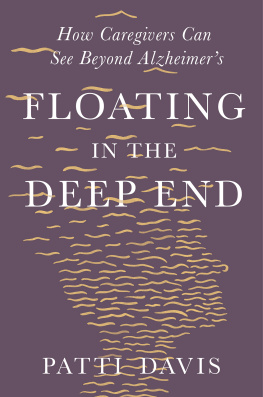
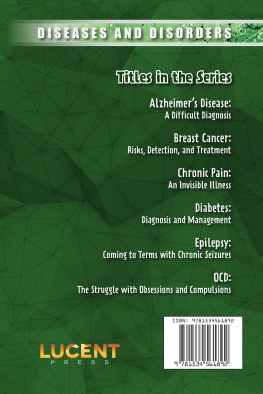
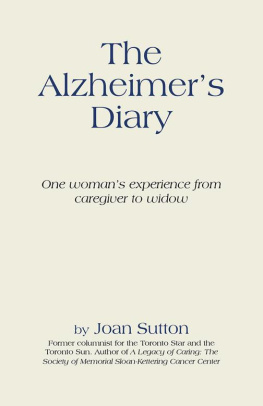
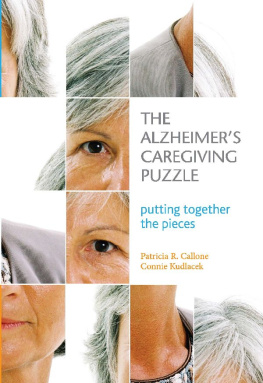
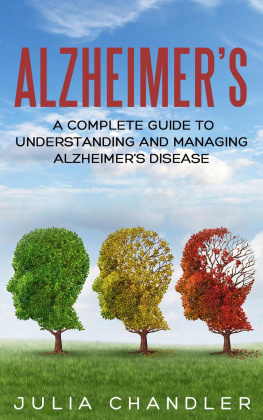
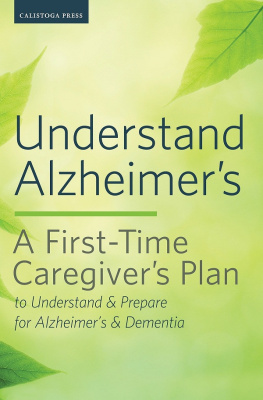
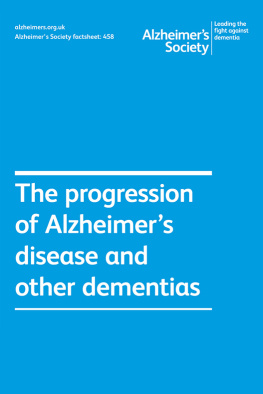
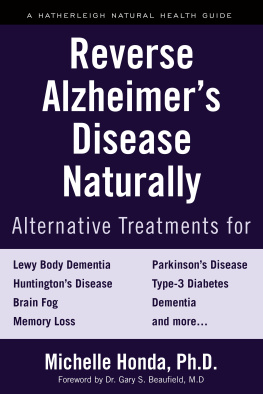
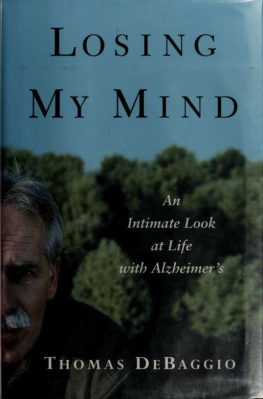
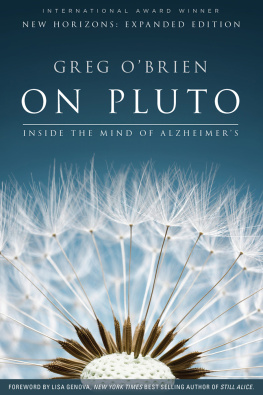
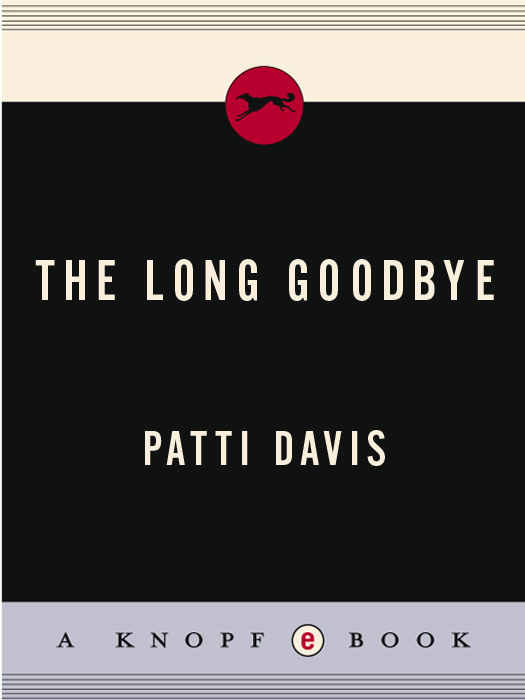

 NEW YORK 2004
NEW YORK 2004